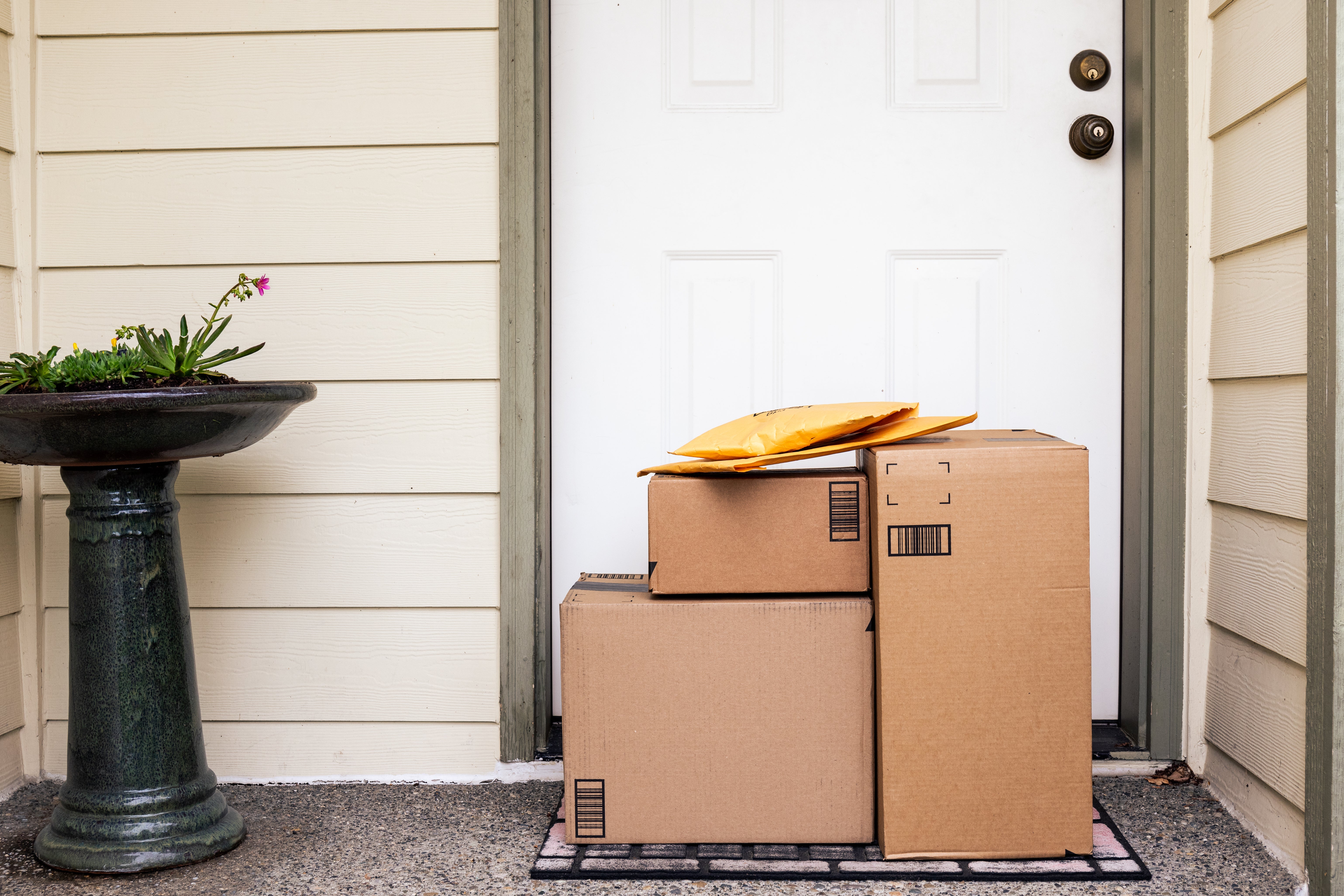UK’s first robot delivery vehicle completes landmark journey in London
Transporting medical supplies from pharmacy to care home shows how driverless vehicles could become common sight on UK streets

Your support helps us to tell the story
From reproductive rights to climate change to Big Tech, The Independent is on the ground when the story is developing. Whether it's investigating the financials of Elon Musk's pro-Trump PAC or producing our latest documentary, 'The A Word', which shines a light on the American women fighting for reproductive rights, we know how important it is to parse out the facts from the messaging.
At such a critical moment in US history, we need reporters on the ground. Your donation allows us to keep sending journalists to speak to both sides of the story.
The Independent is trusted by Americans across the entire political spectrum. And unlike many other quality news outlets, we choose not to lock Americans out of our reporting and analysis with paywalls. We believe quality journalism should be available to everyone, paid for by those who can afford it.
Your support makes all the difference.A robot could transform how parcels are delivered in the UK after completing its landmark first journey.
The UK’s first autonomous delivery vehicle transported medical supplies from a pharmacy to a care home in Hounslow, London.
The electric vehicle, built by Academy of Robotics, uses artificial intelligence and a specially developed package management system to provide contact-free delivery.
It can cover 60 miles fully loaded on a single charge and deliver in city centres and suburban and rural locations.
It is hoped the bot, dubbed Kar-go, could dramatically reduce the environmental impact of parcel deliveries.
The successful delivery shows how driverless vehicles could become a common sight on the streets delivering parcels across the UK.
William Sachiti, the founder of Academy of Robotics, said: “Kar-go’s first deliveries represent a key milestone for the wider automotive industry.
“Alongside our partners at Eurovia UK we have been working closely with DfT’s Centre for Connected and Autonomous Vehicles (CCAV) and key London stakeholders.
"This is to ensure that safety is at the heart of everything we do and we are grateful for the support we have received.
“What makes Kar-go magical for me is that we applied artificial intelligence and robotics in a useful and good way.
“The technology is there when it is needed and out of the way when it isn't.
“As complex as Kar-go is, its function is very simple. To me that is good and that is an AI assisted future I would want to live in.”
For its first journey, there was a safety driver on board Kar-go who could take over at any time, while it can also be controlled from its nearby command hub.
It has been designed as a green alternative to diesel delivery vans and focuses on small, shoe box sized parcels.
The vehicle can drive itself to and from the sender and recipient’s address and hand over the parcel autonomously using its on-board robotics.
Beginning with semi-autonomous deliveries, the level of autonomy will be gradually increased.
From the command hub, Academy of Robotics monitor the vehicle remotely while it is in autonomous mode, covering all elements of the vehicle’s operation from cameras to the vehicle’s position.
Kar-go uses artificial intelligence (AI) to navigate itself and perform many of its functions, with the specialist form of AI developed and patented in the UK by Academy of Robotics.
It uses algorithms based on evolution which can learn and self-optimise in real-time to make the best decisions.
Academy of Robotics received funding from UK Research and Innovation to help scale up their technology and will begin setting up further deliveries in London and the surrounding area before the end of the year.
They are working closely with Eurovia UK, which maintains and improves much of the UK’s road network to look at how the technology can also be used to improve monitoring and management of our roads.
According to the DfT’s Road to Zero report, 33 per cent of the nitrogen oxide emissions from road transport were from vans, and emissions from cars and vans are reportedly causing around almost 10,000 early deaths annually.
These first autonomous road deliveries follow years of data gathering and testing using both simulators, real world environments and live technology trials in rural locations across the UK.
The debut on UK roads was welcomed by the Department for Transport.
Transport Minister Rachel Maclean said: “Autonomous delivery vehicles, such as Kar-go, can offer safer and speedier delivery of medical supplies to those who need it the most.
“The UK is well-placed as a science superpower to lead the world in this area and I’m delighted to support projects that drive green innovation, promote a clean transport future and help the economy.”
SWNS



Join our commenting forum
Join thought-provoking conversations, follow other Independent readers and see their replies
Comments